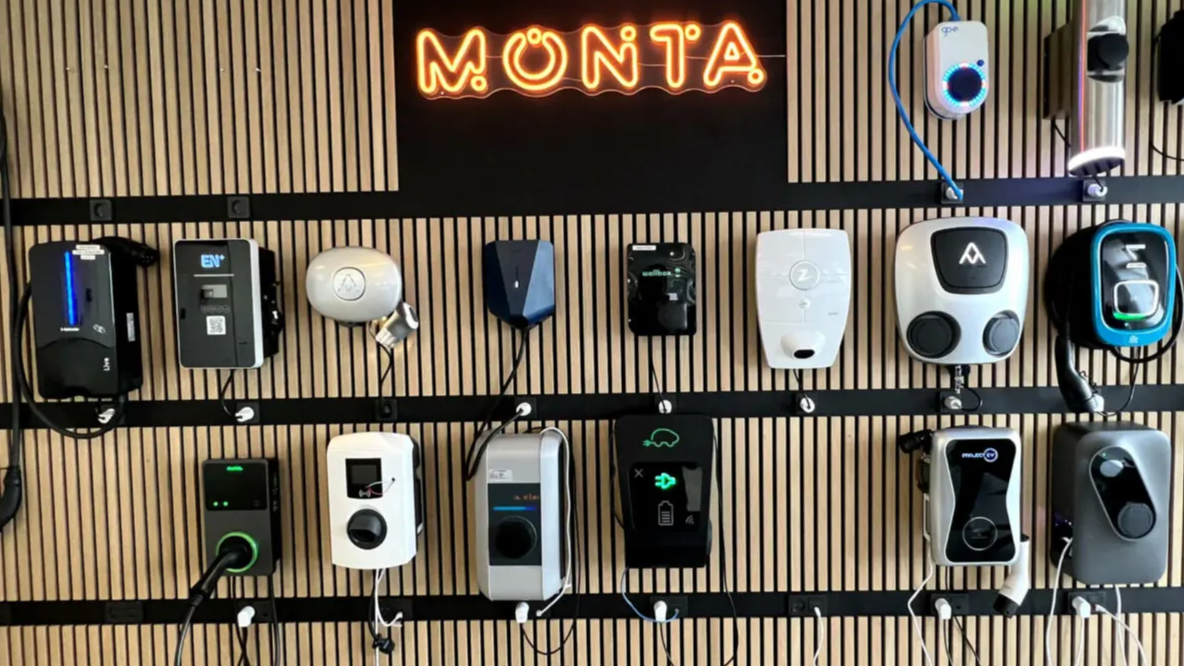Samsung Electronics has announced it will spend more than £4.3 billion (seven trillion won) on its environmental strategy by 2030.
The South Korean electronics manufacturer said it would invest the money in reducing process gases, conserving water, expanding electronic waste collection, and reducing pollutants.
The investment is in addition to any funds already being spent on the expansion of renewable energy use.
The company has also committed to achieve net zero carbon emissions across all global operations by 2050.
It plans to use more renewable energy during this period and invest in new technologies that will help it develop energy-efficient products, increase water reuse, and carbon capture tech.
“The climate crisis is one of the greatest challenges of our time," said Jong-Hee Han, vice chairman and chief executive of Samsung Electronics. "The consequences of inaction are unimaginable and require the contribution of every one of us, including businesses and governments."
Han continued: “Samsung is responding to the threats of climate change with a comprehensive plan that includes reducing emissions, new sustainability practices and the development of innovative technologies and products that are better for our planet.”
The electronics giant said that its goal for matching electricity use with with renewable energy is 2022 for Southwest Asia and Vietnam; 2025 for Central and Latin America; and 2027 for Southeast Asia, CIS and Africa.
In the US, China and Europe, it has already matched electric power use with renewable energy.
Latest News
-
US pauses UK tech prosperity deal over wider trade disputes
-
Ofcom investigates BT and Three after summer outages disrupted 999 calls
-
Monzo announces plans to buy digital mortgage broker Habito
-
Technology secretary launches Women in Tech Taskforce
-
Asahi weighs dedicated cybersecurity unit after ransomware disruption
-
Crypto exchange HashKey ‘raises $206m’ in Hong Kong IPO
The future-ready CFO: Driving strategic growth and innovation
This National Technology News webinar sponsored by Sage will explore how CFOs can leverage their unique blend of financial acumen, technological savvy, and strategic mindset to foster cross-functional collaboration and shape overall company direction. Attendees will gain insights into breaking down operational silos, aligning goals across departments like IT, operations, HR, and marketing, and utilising technology to enable real-time data sharing and visibility.
The corporate roadmap to payment excellence: Keeping pace with emerging trends to maximise growth opportunities
In today's rapidly evolving finance and accounting landscape, one of the biggest challenges organisations face is attracting and retaining top talent. As automation and AI revolutionise the profession, finance teams require new skillsets centred on analysis, collaboration, and strategic thinking to drive sustainable competitive advantage.
© 2019 Perspective Publishing Privacy & Cookies











Recent Stories